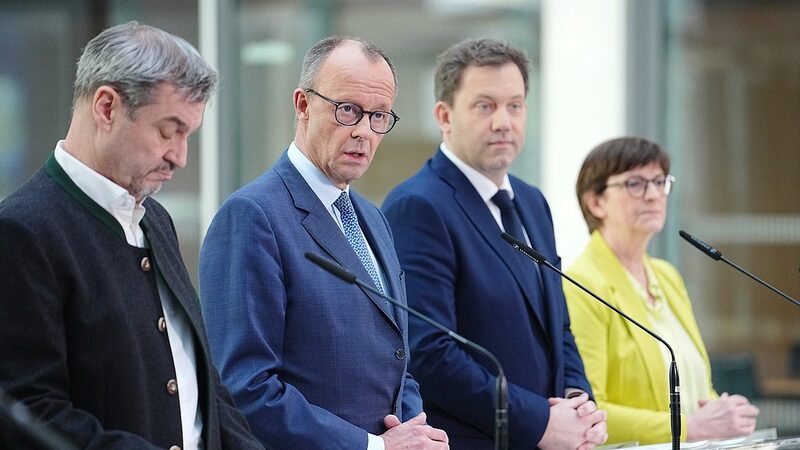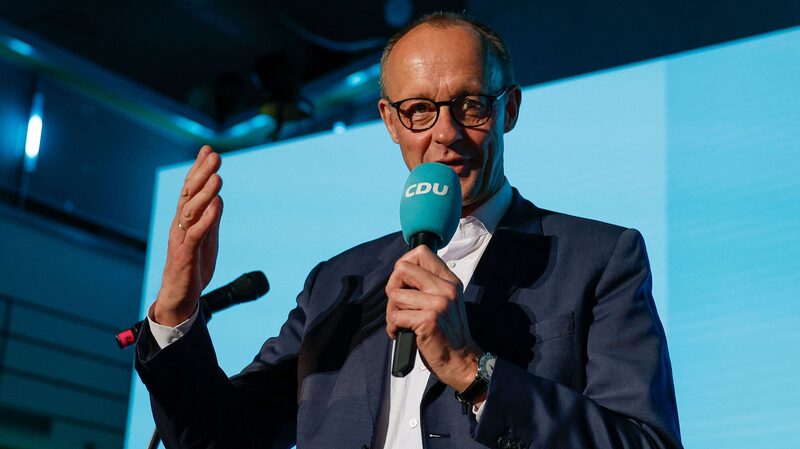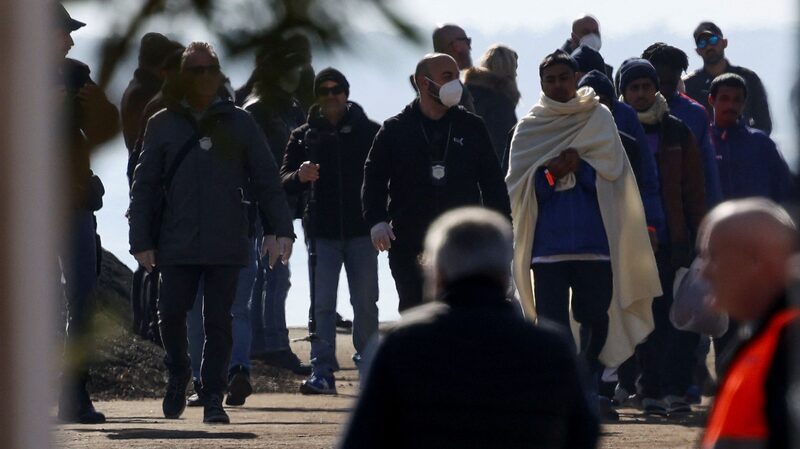Germany’s political landscape is heating up as the conservative CDU/CSU alliance and Chancellor Olaf Scholz’s center-left SPD have agreed to move forward with **formal coalition negotiations** after a marathon week of exploratory talks. 🚀 The deal, announced by CDU leader Friedrich Merz, signals a potential shift in policies affecting Europe’s largest economy—and possibly the continent’s geopolitical future.
Key Agreements on Migration, Economy & Defense
The parties have tentatively agreed to:
- 🛑 Strengthen border controls and allow rejecting asylum seekers at land borders
- 💼 Overhaul unemployment benefits and slash energy costs to boost industry
- ⚡ A 500 billion euro infrastructure investment package (yes, that’s half a _trillion_ 💸)
- 🛡️ Exempt defense spending from Germany’s strict debt limits, signaling focus on NATO commitments post-Trump’s alliance skepticism
What’s Next?
Merz is poised to become Germany’s next chancellor if negotiations succeed, promising to tackle economic stagnation and military modernization. 🌍 But challenges remain: Balancing the SPD’s social welfare priorities with conservative fiscal policies could test this alliance.
🔍 Why it matters globally: With Germany’s economy affecting EU stability and its defense strategies influencing NATO, these talks could reshape Europe’s role in a fragmented world.
Reference(s):
Germany's CDU/CSU, SPD agree to begin coalition negotiations
cgtn.com





